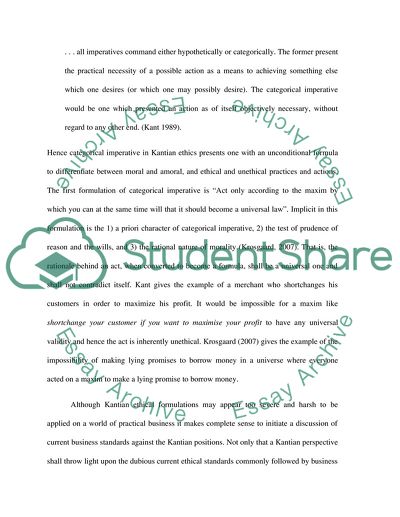Cite this document
(Correlation of Ethics and Governance Coursework - 1, n.d.)
Correlation of Ethics and Governance Coursework - 1. https://studentshare.org/ethics/1566405-ethics-and-governance
Correlation of Ethics and Governance Coursework - 1. https://studentshare.org/ethics/1566405-ethics-and-governance
(Correlation of Ethics and Governance Coursework - 1)
Correlation of Ethics and Governance Coursework - 1. https://studentshare.org/ethics/1566405-ethics-and-governance.
Correlation of Ethics and Governance Coursework - 1. https://studentshare.org/ethics/1566405-ethics-and-governance.
“Correlation of Ethics and Governance Coursework - 1”. https://studentshare.org/ethics/1566405-ethics-and-governance.


